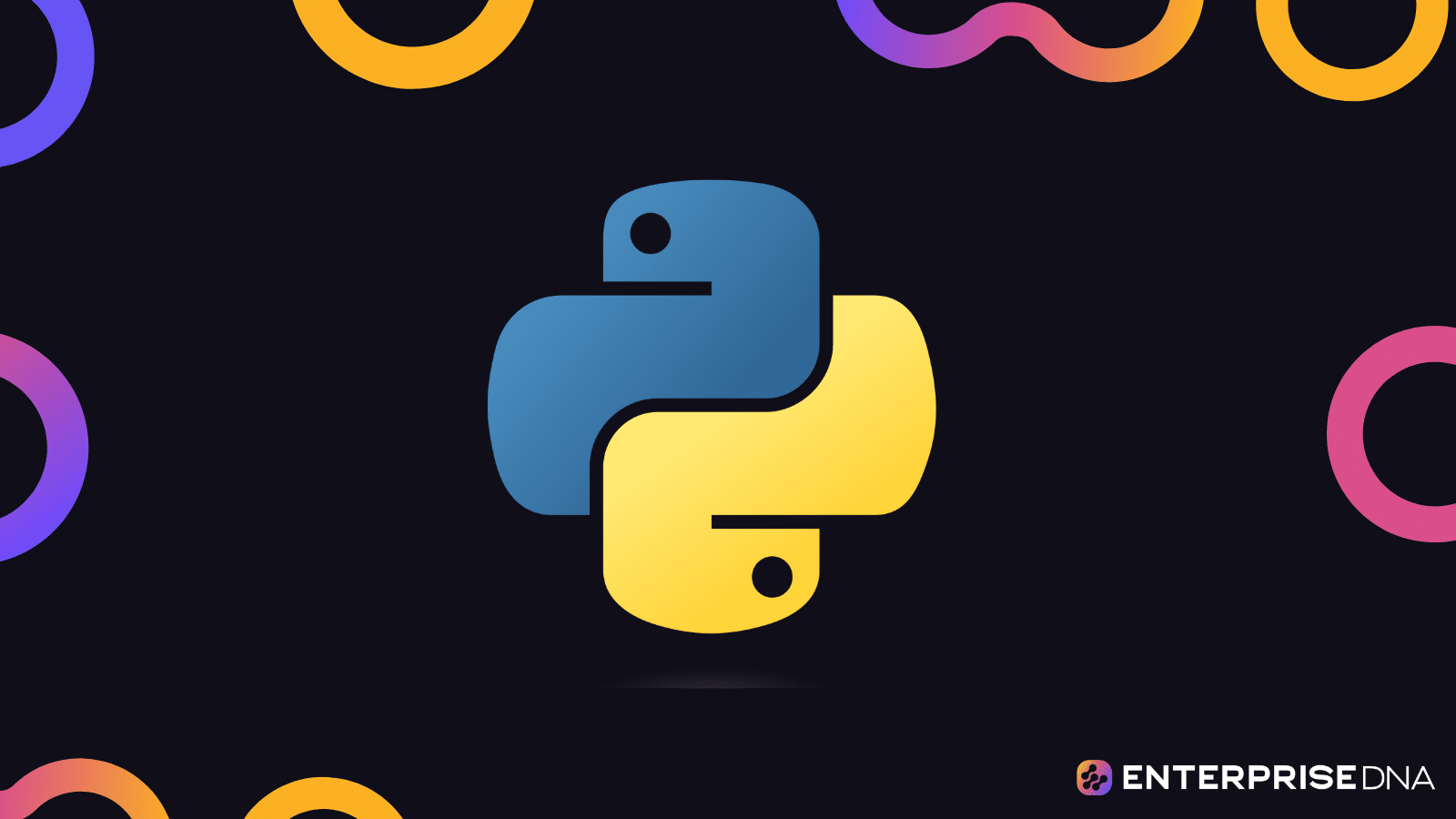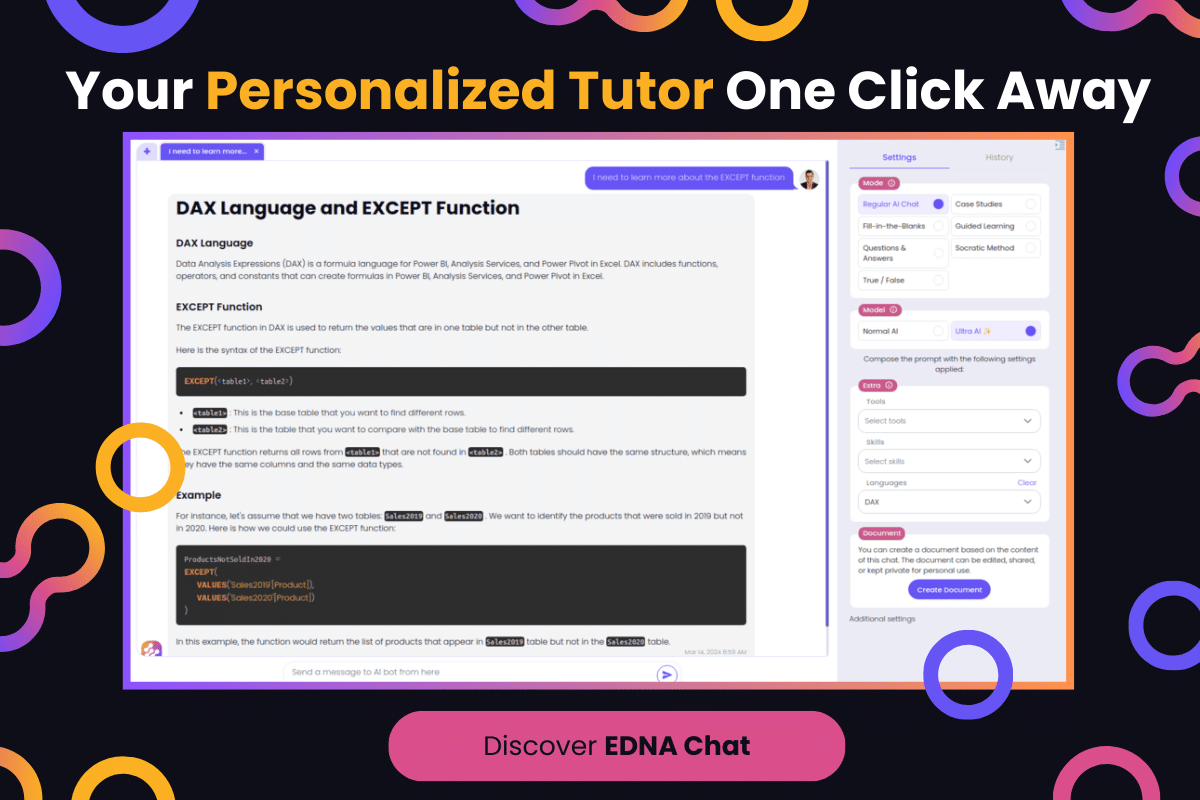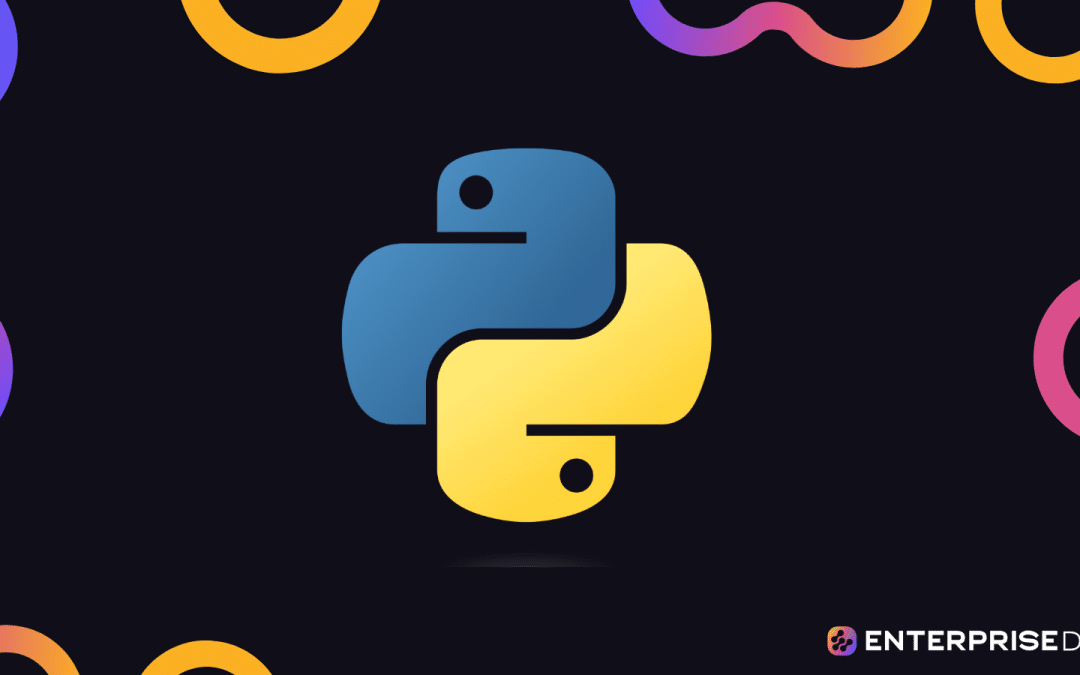Python is one of the most popular programming languages in the world today. It’s versatile, easy to learn, and widely used in various fields such as web development, data science, and machine learning.
With its simple syntax and a wide range of libraries, Python has become a go-to language for many programmers.
But how do you master Python coding fast?
To master Python coding faster, you can:
- Immerse yourself in Python code and projects.
- Join the Python community.
- Read the right Python books and articles.
- Understand how Python works.
- Utilize Python coding exercises.
- Use the right tools and Python resources.
- Learn to debug and optimize your Python code.
- Adopt the right Python development process.
- Apply the right Python coding strategies.
- Leverage the right Python learning resources.
In this article, we’ll provide you with 10 helpful tips to speed up your learning process. By following these tips, you’ll be on your way to becoming a Python expert in no time!
How to Master Python Coding Fast

In this section, we’ll provide you with 10 tips to master Python coding quickly. These tips are based on the experiences of professionals who have mastered the language.
By incorporating these tips into your learning process, you can speed up your learning and development time.
1. Immerse Yourself in Python Code and Projects
One of the best ways to learn Python quickly is to immerse yourself in Python code and projects. Try to find an interesting project that you’re passionate about and start coding.
There are many Python projects on GitHub that you can contribute to or use as inspiration for your own projects. You can also find Python projects on platforms like Kaggle or DataCamp that are specifically designed for data science and machine learning.
By working on real-world projects, you’ll get hands-on experience with Python and learn how to write efficient code. This will help you develop the problem-solving skills necessary to become a proficient Python programmer.
2. Join the Python Community
The Python community is one of the most active and supportive programming communities in the world. By joining the community, you’ll have access to a vast amount of resources, including forums, tutorials, and open-source projects.
The Python community is also known for its friendly and welcoming nature, so don’t be afraid to ask questions or seek help. There are many experienced Python programmers who are willing to help you with any problems you may encounter.
You can join Python-related forums, such as Stack Overflow or the Python Reddit community, to ask questions and share your knowledge. You can also find local Python meetups and events where you can connect with other Python enthusiasts.
By joining the Python community, you’ll not only learn from others but also gain valuable connections and support that will help you on your Python coding journey.
3. Read the Right Python Books and Articles
There are countless Python books and articles available, and it can be overwhelming to choose the right ones. To learn Python quickly, you should focus on high-quality resources that are well-structured and easy to understand.
Some well-regarded Python books are:
- Python Crash Course by Eric Matthes: This book is perfect for beginners who want to learn Python quickly. It covers the basics of Python programming and gradually introduces more advanced topics.
- Learning Python by Mark Lutz: This is a comprehensive guide to Python programming. It covers all the essential topics in Python, from basic syntax to more advanced topics like object-oriented programming.
- Automate the Boring Stuff with Python by Al Sweigart: This book is ideal for people who want to learn Python for practical purposes. It covers various tasks that can be automated using Python, making it an engaging way to learn the language.
When choosing Python articles, look for those written by experienced Python programmers. These articles will provide you with valuable insights and best practices.
By reading the right Python books and articles, you’ll be able to learn the language quickly and efficiently.
4. Understand How Python Works
Python is an easy-to-learn language, but to learn it quickly, you need to have a solid understanding of its core concepts.
You should understand basic programming concepts like variables, data types, and control structures (e.g., loops and if statements).
Next, you should learn about more advanced Python topics, such as object-oriented programming, functional programming, and the use of Python libraries.
These are important because they allow you to write more complex and efficient code. Some important Python libraries include:
- NumPy: A library for numerical computing that provides support for large, multi-dimensional arrays and matrices, along with a collection of mathematical functions to operate on these arrays.
- Pandas: A library for data manipulation and analysis. It offers data structures and operations for manipulating numerical tables and time series.
- Matplotlib: A library for creating static, animated, and interactive visualizations in Python. It is commonly used for data visualization.
Finally, you should learn about Python’s development environment, which includes the use of an integrated development environment (IDE), a text editor, and a version control system.
By understanding how Python works and the core concepts, you’ll be able to write efficient and high-quality code.
5. Utilize Python Coding Exercises
One of the most effective ways to learn Python quickly is to practice writing code. You can find Python coding exercises on platforms like HackerRank, LeetCode, or CodeSignal.
These exercises cover a wide range of topics, from basic syntax to more advanced concepts like algorithms and data structures.
When doing coding exercises, try to focus on writing clean and efficient code. Don’t be afraid to spend time researching and experimenting with different solutions.
By practicing coding exercises, you’ll improve your problem-solving skills and gain a deeper understanding of Python.
6. Use the Right Tools and Python Resources
When learning Python, it’s essential to use the right tools and resources. The following are some of the best tools and resources for learning Python:
- Python Documentation: The official Python documentation is an invaluable resource. It provides detailed information about Python’s syntax, standard libraries, and built-in functions.
- Python IDEs: Choose a Python integrated development environment (IDE) that suits your needs. Some popular Python IDEs include PyCharm, Visual Studio Code, and Jupyter Notebook.
- Python Libraries: Python has a vast ecosystem of libraries that can help you write more efficient and powerful code. Some essential libraries for data science include NumPy, pandas, and scikit-learn.
- Online Tutorials and Courses: There are many free and paid online tutorials and courses for learning Python. Platforms like Enterprise DNA, Coursera, edX, and DataCamp offer comprehensive Python courses.
- Python Forums: Join Python forums such as Stack Overflow or the Python community on Reddit. These forums are great places to ask questions and get help from experienced programmers.
By using the right tools and resources, you’ll be able to learn Python more quickly and efficiently.
7. Learn to Debug and Optimize Your Python Code
To become proficient in Python, you must learn how to debug and optimize your code. This is an essential skill that will save you time and frustration when working on more complex projects.
The following are some tips to help you with debugging and optimizing your code:
- Use the Python Debugger (PDB): PDB is a built-in Python debugging tool that allows you to set breakpoints, inspect variables, and step through your code. It’s a powerful tool for finding and fixing errors in your code.
- Write Clean and Readable Code: Well-structured and readable code is easier to debug and optimize. Follow the PEP 8 style guide and use descriptive variable names to make your code more understandable.
- Profile Your Code: Python comes with a built-in profiler that can help you identify performance bottlenecks in your code. By profiling your code, you can focus on optimizing the parts that need it the most.
- Use the Right Data Structures and Algorithms: Choose the right data structures and algorithms for your specific problem. This will help you write more efficient and scalable code.
By learning to debug and optimize your Python code, you’ll become a more proficient programmer and be able to write more efficient and readable code.
8. Adopt the Right Python Development Process
To learn Python quickly, you must adopt the right Python development process. This involves following best practices and utilizing the right tools to ensure efficient and effective development.
The following are some best practices for Python development:
- Use Version Control: Git is a popular version control system that can help you track changes in your code and collaborate with others. Learn the basics of Git to make your development process smoother.
- Write Tests: Unit testing is an essential part of Python development. Learn how to write tests using the built-in unittest module or third-party libraries like pytest.
- Automate Tasks: Automate repetitive tasks using tools like Make, Fabric, or Invoke. This will save you time and reduce the risk of errors.
- Follow PEP 8 Guidelines: PEP 8 is the official Python style guide. Adhering to these guidelines will make your code more readable and maintainable.
By adopting the right Python development process, you’ll be able to learn Python quickly and write high-quality, maintainable code.
9. Apply the Right Python Coding Strategies
When learning Python, it’s essential to apply the right coding strategies. This will help you write more efficient, readable, and maintainable code.
The following are some essential coding strategies:
- Break Down Complex Problems: Break down complex problems into smaller, more manageable tasks. This will make your code easier to write and understand.
- Use Functions and Classes: Functions and classes help you organize your code into reusable blocks. This reduces code duplication and makes your code more maintainable.
- Use Built-in Functions and Libraries: Python has a wide range of built-in functions and libraries. Learn to leverage these to write more concise and efficient code.
- Optimize Loops and List Comprehensions: Learn to write efficient loops and use list comprehensions to process data more quickly.
- Use Descriptive Variable Names: Use descriptive names for your variables, functions, and classes. This makes your code easier to understand and maintain.
By applying the right Python coding strategies, you’ll be able to learn Python quickly and write high-quality, efficient code.
10. Leverage the Right Python Learning Resources
To learn Python quickly, you need to leverage the right learning resources. There are many online tutorials, courses, and communities that can help you become proficient in Python.
The following are some of the best Python learning resources:
- Online Tutorials and Courses: There are many free and paid online tutorials and courses available. Some popular platforms include Enterprise DNA, Coursera, edX, and DataCamp.
- Python Documentation: The official Python documentation is a comprehensive resource that covers everything you need to know about the Python language and its libraries.
- Python Forums and Communities: Join Python forums such as Stack Overflow or the Python community on Reddit. These communities are great places to ask questions and get help from experienced Python developers.
- Python Books: There are many Python books available that cover a wide range of topics, from beginner to advanced. Some popular books include “Python Crash Course” by Eric Matthes and “Learning Python” by Mark Lutz.
By leveraging the right Python learning resources, you’ll be able to learn Python quickly and efficiently.
Final Thoughts

Learning Python is an exciting journey that can open up many opportunities for you. By immersing yourself in Python code and projects, joining the Python community, and utilizing the right tools and resources, you can quickly become proficient in Python.
Remember to practice writing code and focus on mastering the core concepts of Python. With dedication and the right strategies, you can master Python and start building your own projects in no time.
Frequently Asked Questions

How can I learn Python fast?
To learn Python quickly, you should immerse yourself in the language by writing code every day, working on real-world projects, and solving problems on platforms like LeetCode and HackerRank. You should also read Python books, join the Python community, and take advantage of online tutorials and courses.
What is the fastest way to master Python?
The fastest way to master Python is to focus on writing code, working on real-world projects, and solving problems. By practicing regularly and continuously improving your skills, you can quickly become proficient in Python.
Can I become a Python expert in 2 weeks?
While it’s possible to learn the basics of Python in 2 weeks, becoming a Python expert in such a short time is highly unlikely. Mastery of any programming language, including Python, requires continuous learning, practice, and real-world experience.
How to become a Python master in 30 days?
To become a Python master in 30 days, you should dedicate a significant amount of time each day to learning and practicing Python. Work on real-world projects, solve problems, and continuously seek to improve your skills.
How to get better at Python programming?
To get better at Python programming, focus on writing clean, efficient, and maintainable code. Learn to use Python’s built-in functions and libraries effectively. Practice writing Python code regularly and seek feedback from more experienced programmers.
What is the best way to learn Python for free?
There are many free resources to learn Python, including online tutorials, YouTube videos, and free courses on platforms like Coursera and edX. You can also take advantage of Python documentation and join the Python community to ask questions and seek help.








